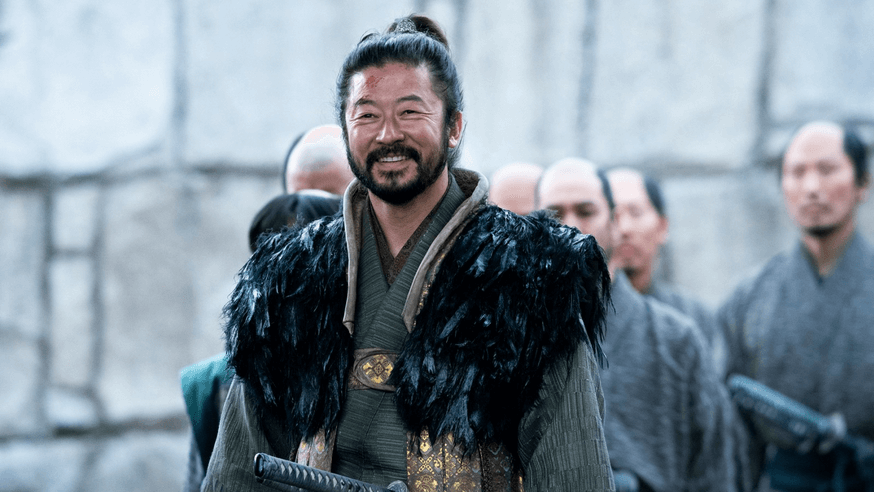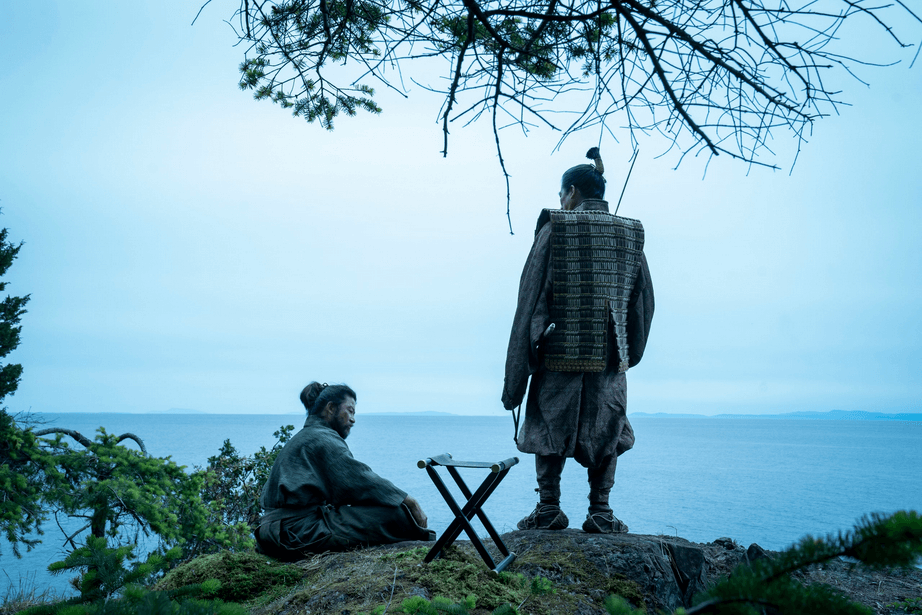📑Table of Contents:
In the annals of Japanese history, samurai leaders have left an indelible mark. One such figure is Yabushige Shogun. Known for his bravery, strategic mind, and leadership, Yabushige Shogun was pivotal in shaping Japan’s feudal era.
His story, filled with battles, alliances, and honor, captures the essence of the samurai spirit. In this blog, we delve into the life and legacy of Yabushige Shogun, exploring how he influenced Japanese history and what made him a revered leader.

Early Life and Rise to Power
Yabushige was born into a samurai family in the late 16th century. From a young age, he trained in the arts of warfare and strategy. His family’s lineage is traced back to prominent samurai, instilling in him a deep sense of duty and honor.
As a young warrior, Yabushige showed exceptional skill in combat and diplomacy. His ability to lead troops earned him recognition among local lords. He gradually consolidated power through strategic marriages and alliances, eventually claiming the title of Shogun.
The title of Shogun, reserved for military dictators, signified his control over vast territories. Unlike emperors, who held symbolic power, Shoguns like Yabushige wielded real authority, commanding armies and dictating policies.
Yabushige’s Military Strategies
Yabushige Shogun was not just a warrior but a master strategist. His campaigns relied on tactics that balanced offense and defense.
1. Mastery of Terrain
Yabushige understood the importance of terrain in battle. He often chose battlegrounds that gave his forces natural advantages, such as elevated positions or narrow passes that funneled enemy troops.
2. Psychological Warfare
He also employed psychological tactics to weaken enemy morale. His favored strategies were spreading false information, staging feigned retreats, and executing surprise night attacks.
Unlike many samurai leaders who focused solely on land battles, Yabushige invested in building a formidable navy. This allowed him to control trade routes and launch amphibious assaults, expanding his influence beyond the mainland.
These strategies made him a formidable opponent, feared and respected by his enemies.
Key Battles and Campaigns
Yabushige’s reign saw several critical battles that cemented his legacy.
Battle of Nakasendo
In this decisive battle, Yabushige faced a coalition of rival clans. Despite being outnumbered, his tactical acumen led to a significant victory. Using the mountainous terrain to his advantage, he ambushed enemy forces, turning the tide in his favor.
Siege of Takamatsu Castle
During this siege, Yabushige demonstrated his patience and resourcefulness. Instead of a direct assault, he opted for a prolonged siege, cutting off supplies and forcing the enemy to surrender without extensive bloodshed.
Yabushige’s naval campaigns in Kyushu expanded his territory and solidified his control over crucial trade routes. His navy, equipped with advanced ships, overcame larger fleets, showcasing his maritime prowess.
These victories expanded his domain and enhanced his reputation as a strategic genius.
Yabushige’s Leadership and Governance

Beyond the battlefield, Yabushige Shogun was a capable administrator.
1. Land Reforms
He implemented land reforms that redistributed wealth among his loyal samurai, ensuring their support and loyalty. These reforms also helped boost agricultural productivity, stabilizing his rule.
2. Promotion of Arts and Culture
Yabushige was a patron of the arts. Under his rule, calligraphy, poetry, and tea ceremonies flourished. He believed that a balanced society required both martial prowess and cultural refinement.
3. Legal Reforms
To maintain order, he established a code of conduct for samurai, emphasizing loyalty, honor, and justice. These laws reduced internal conflicts and promoted unity among his subjects.
Personal Life and Legacy
Yabushige was known for his strict code of honor. Though less documented, his personal life reflected the principles he upheld as a leader. He was said to be a devoted family man, raising his children with the same values he championed.
His death marked the end of an era, but his legacy endured. Future generations of samurai looked to Yabushige’s life as a blueprint for leadership, and his descendants continued to play significant roles in Japanese politics and military affairs.
Cultural Impact and Modern Interpretations
Yabushige’s story has been retold in various forms, from kabuki theater to modern films. His character symbolizes the ideal samurai—brave, honorable, and strategic.
He often appears as a wise mentor or a cunning general in literature and media, guiding younger warriors. His life inspires those who value leadership, strategy, and integrity.
Controversies and Challenges
Rivalries with Other Warlords and Shoguns
As Yabushige Shogun rose to prominence, his power threatened many rival warlords who sought control over feudal Japan. His most notable adversaries included influential daimyos who challenged his authority, leading to intense political and military conflicts. Some historical accounts suggest that his greatest rival was a fellow shogun who attempted to forge alliances to weaken Yabushige’s influence.
Despite facing numerous challenges, Yabushige’s strategic brilliance allowed him to outmaneuver his enemies. His victories on the battlefield not only expanded his territory but also reinforced his reputation as an unstoppable military leader. However, his dominance came at a cost—some viewed his aggressive expansion as a sign of tyranny rather than leadership.
Internal Struggles and Betrayals
No great leader is without internal conflict, and Yabushige was no exception. His reign saw moments of betrayal from within his trusted circle. Several of his most loyal retainers were rumored to have plotted against him, either due to personal ambition or under the influence of rival factions.
One of the most infamous betrayals involved a high-ranking general who defected to an opposing clan just before a critical battle. This act nearly cost Yabushige a major victory, forcing him to rethink his strategies and tighten his inner circle. In response, he implemented stricter loyalty oaths and took decisive action against suspected traitors. His ability to maintain control despite these internal challenges cemented his status as a formidable shogun.
Myths and Conflicting Accounts About His Leadership
Like many legendary figures, Yabushige’s legacy is shrouded in myths and conflicting stories. Some historians depict him as a noble warrior who upheld the samurai code of Bushido, while others argue that he was ruthless in his pursuit of power.
One popular legend suggests that Yabushige possessed almost supernatural combat skills, capable of defeating entire battalions single-handedly. Another tale claims that he once survived an assassination attempt thanks to an impenetrable suit of armor blessed by a monk. While these stories add to his mystique, historical records provide a more balanced view, showing both his strengths and flaws as a leader.
Despite the controversies, Yabushige Shogun remains an enduring figure in Japanese history. His ability to navigate both external and internal conflicts showcased his resilience, and his legacy continues to be studied and debated by scholars and enthusiasts alike.
Why Yabushige Shogun Still Matters Today
Though centuries have passed, Yabushige Shogun’s influence remains relevant. His strategies are studied in military academies, and his leadership principles inspire modern business and political leaders.
In a world where leadership is often questioned, Yabushige’s story reminds us of the power of honor, strategic thinking, and effective governance.

Final Thoughts
Yabushige Shogun was more than just a warrior; he was a visionary leader who shaped Japan’s history. His life, filled with battles, reforms, and cultural patronage, reflects the complexities of the samurai era.
By blending martial prowess with wise governance, he set a standard for future leaders. Whether studied in history books or admired in popular culture, Yabushige’s legacy is a testament to the enduring power of honor and strategy.





